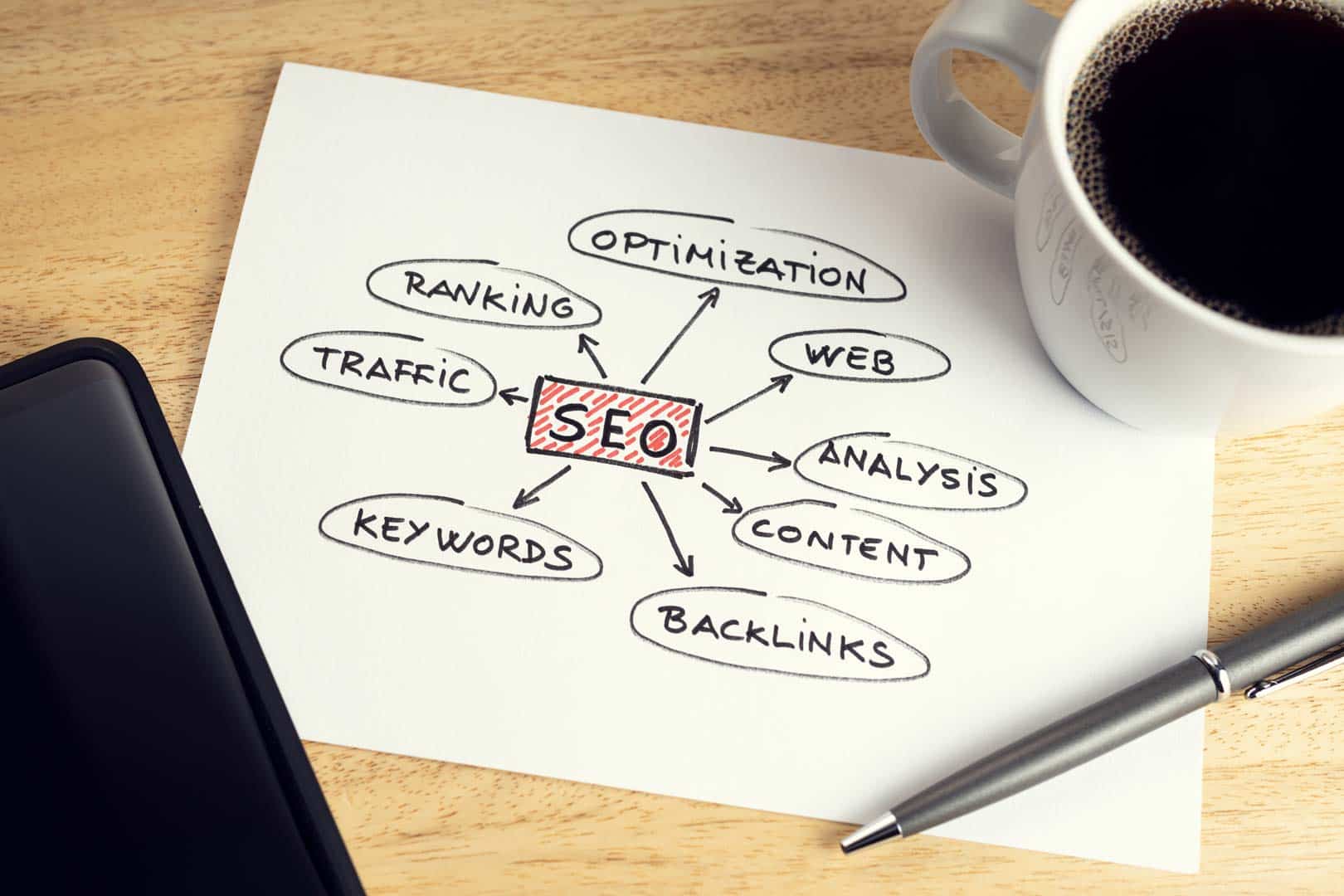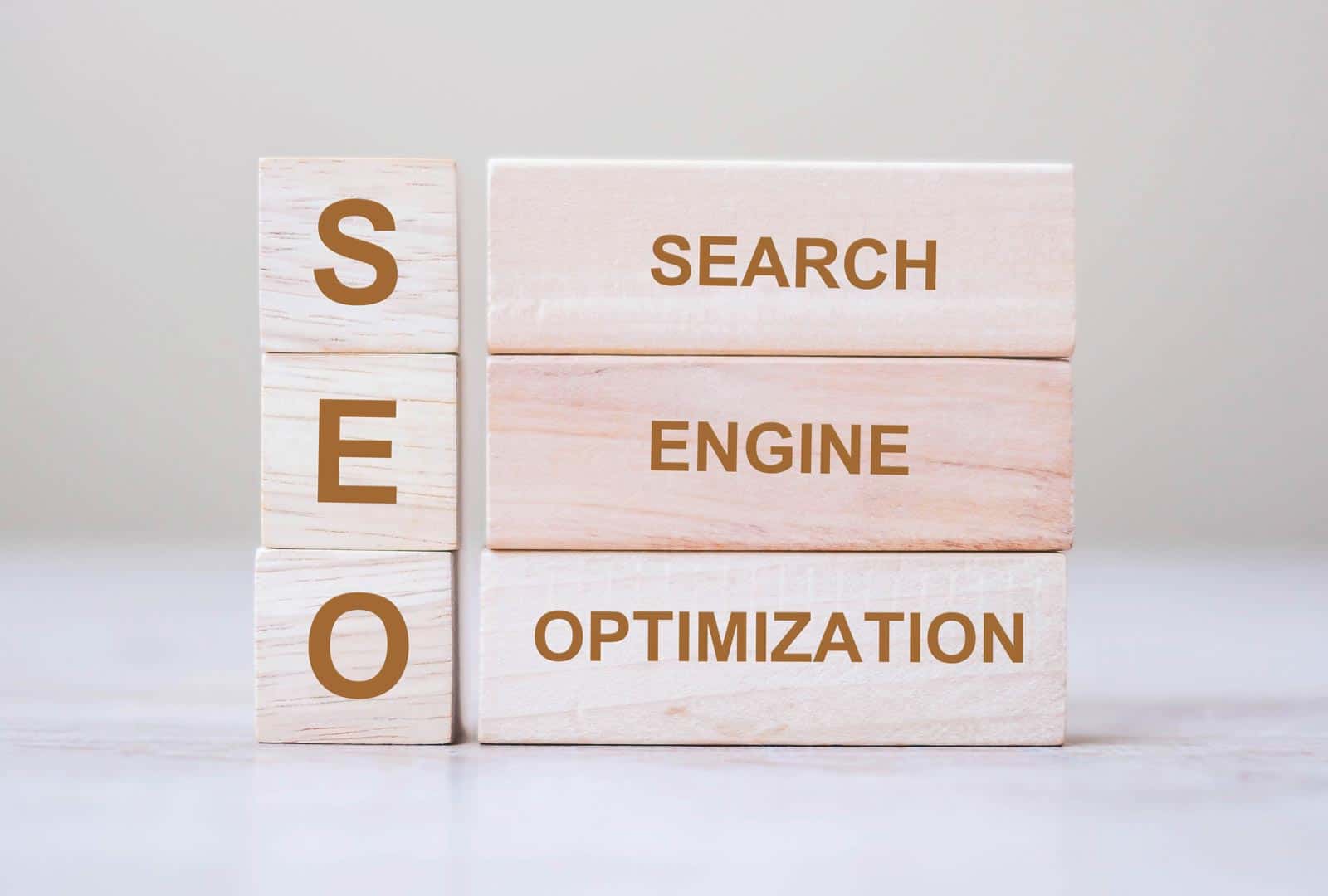What Is SEO and Why Do I Need It?
The Internet has quickly evolved to be one of the most powerful tools that entrepreneurs can take advantage of. Having a strong online presence is necessary to keep up with your industry competition.
But, having stellar content on your company’s site will not mean anything if no one can find you. Search engine optimization (SEO) plays a significant role in how successful your company is online, but not many people know how to do it on their own.
Not sure where to start? Don’t worry, we’ve got you covered.
Let’s take a look at everything you need to know about SEO services for your business.
So, What Is SEO?
As the name implies, search engine optimization is the process of increasing your website’s visibility on search engine rankings. As previously mentioned, a site with low visibility will likely not perform as intended (even if the content on the site is great).
Google has an algorithm in place that does its best to determine what makes a site high or low quality. As sites are compiled during a Google search, data acquired through this algorithm is used to rank the sites from first to last.
What makes SEO so difficult for most people to handle on their own, though, is the numerous factors that are involved in determining a site’s ranking.
Let’s explore a few of the most noteworthy.

The Amount of Traffic
Pages with a low amount of search engine traffic will have a difficult time ranking high on the search results. It makes sense, after all— why would Google prioritize a page/site that hardly anyone is visiting?
Unfortunately, low traffic can sometimes be a sign to Google that a page has poor/irrelevant content, making it even harder to bring people to your site. Although these attributes aren’t always true, it’s a relatively common occurrence for those who haven’t optimized their site to show up on Google’s first page.
Organic Results
The term ‘organic’ here refers to traffic that results from people finding you on their own through Google’s search engine as opposed to a paid advertisement. Since paid ads are placed at the top of the results page, it’s not a clear indicator of where your site would be placed in the results if you didn’t put any money behind it.
So, pages/websites with a large amount of organic traffic will experience higher rankings than those that only have traffic driven through paid ads.
As previously mentioned, though, the amount of traffic is still a factor in determining a site’s ranking.
The Quality of Traffic
Users who are considered ‘quality traffic’ will be likely to stay on and interact with your site since you’re likely offering something they’re looking for. ‘Poor quality’ traffic would occur when someone is looking for a smart home security system but instead reaches a site about personal bodyguards.
Since the user didn’t mean to visit that type of resource, they’ll often immediately back out of the site. This increases something known as the bounce rate, which is essentially an index of how many people spend only a few seconds on your site.
A high bounce rate tells Google that your site contains low-quality or malicious content (even if it doesn’t), which will negatively affect your site’s ranking.
So, a high amount of traffic can be detrimental to your search engine performance if it isn’t the type of traffic that you need. This makes SEO far more than focusing solely on the number of site visitors you get each month.
Website Loading Speed
Unfortunately, even sites with high-quality content can suffer from a high bounce rate. Given that the average person has a shorter attention span than a goldfish, it’s understandable why people aren’t likely to wait around for a page to load if it takes more than three or four seconds.
Long loading times will significantly hurt your ranking over time, as the number of people clicking away from your site will tell Google that users aren’t happy with their experience.

Mobile Formatting
By 2025, nearly 75% of all Internet traffic will come from mobile devices. But, problems can arise if errors occur during mobile formatting.
For example, a site may be more or less ideal on a desktop browser. The site’s mobile formatting, though, could be nearly unusable due to icon sizes, functionality issues, etc. As you may expect, this will also result in an increased bounce rate and lower Google ranking.
So, make sure you extensively test your site on mobile devices to ensure that there aren’t any underlying UX issues.
Other Factors
There’s a handful of other attributes about a site that you’ll need to take into consideration, such as keyword usage/rank, the type of links going to and from your pages, etc.
While everything together can seem overwhelming, each independent factor isn’t too difficult to manage on its own. Still, those who have little experience in this area often save time and money by outsourcing to a professional.
What Can SEO Services Offer Your Business?
In addition to a better ranking on Google, a firm that specializes in SEO can save you a large amount of time when it comes to getting things up and running.
Put simply— SEO is something that can be learned and done on your own, but it’s the equivalent of learning to code as opposed to hiring a programmer. So, it only makes sense as an entrepreneur to focus on your strengths while letting someone else handle areas you aren’t an expert in.
You’ll also find that you’ll rank far higher on Google than if you optimized your site on your own. As previously mentioned, SEO comes with many different nuances that need attention, and many people who are new to the practice simply don’t know what to look for.
This can lead to you going through the process of creating high-quality content only for it to get buried within Google’s search results.
Understanding SEO Services Can Seem Difficult
But it doesn’t have to be.
With the above information about SEO services, you’ll be well on your way toward optimizing how well your website performs on Google’s search results.
Want to learn more about how we can help? Feel free to get in touch with us today to see what we can do.
